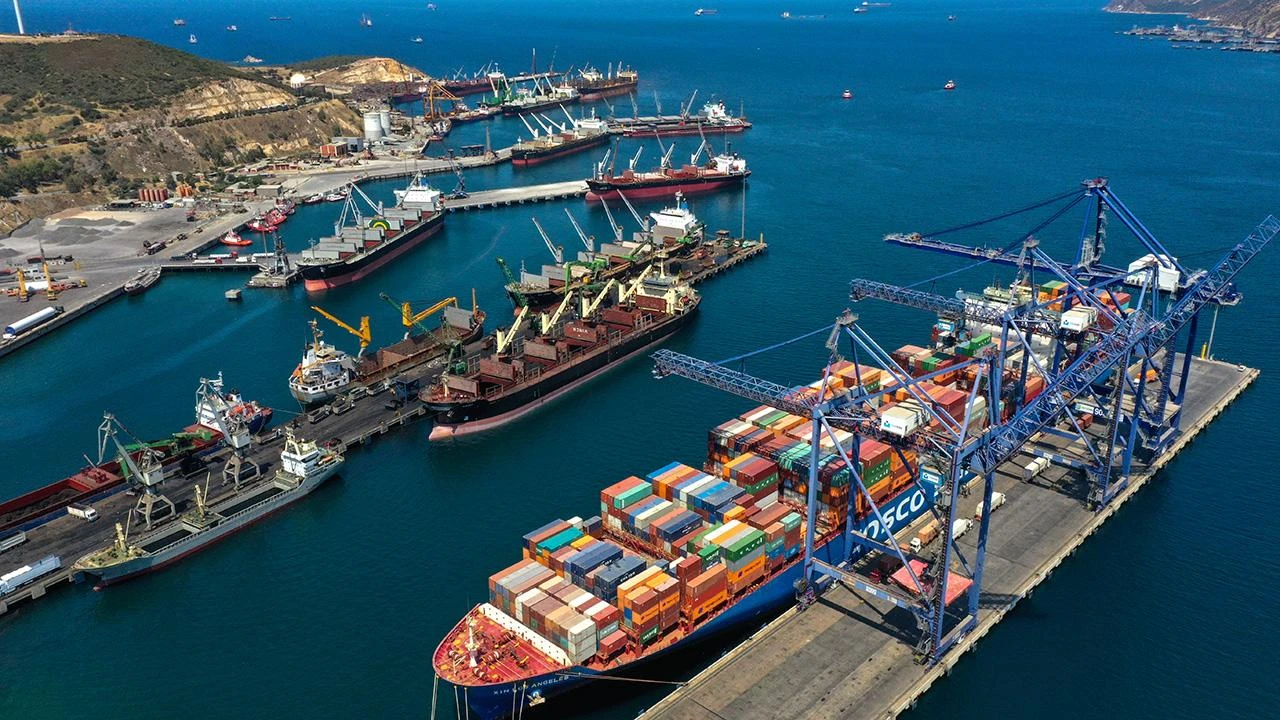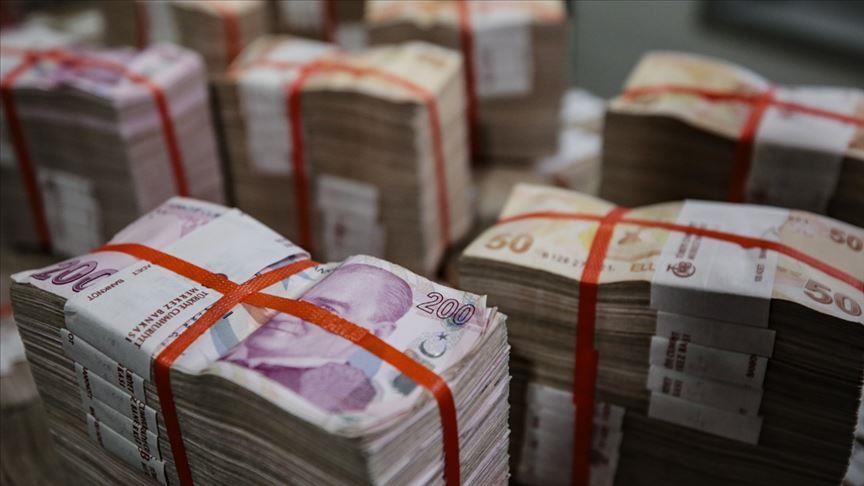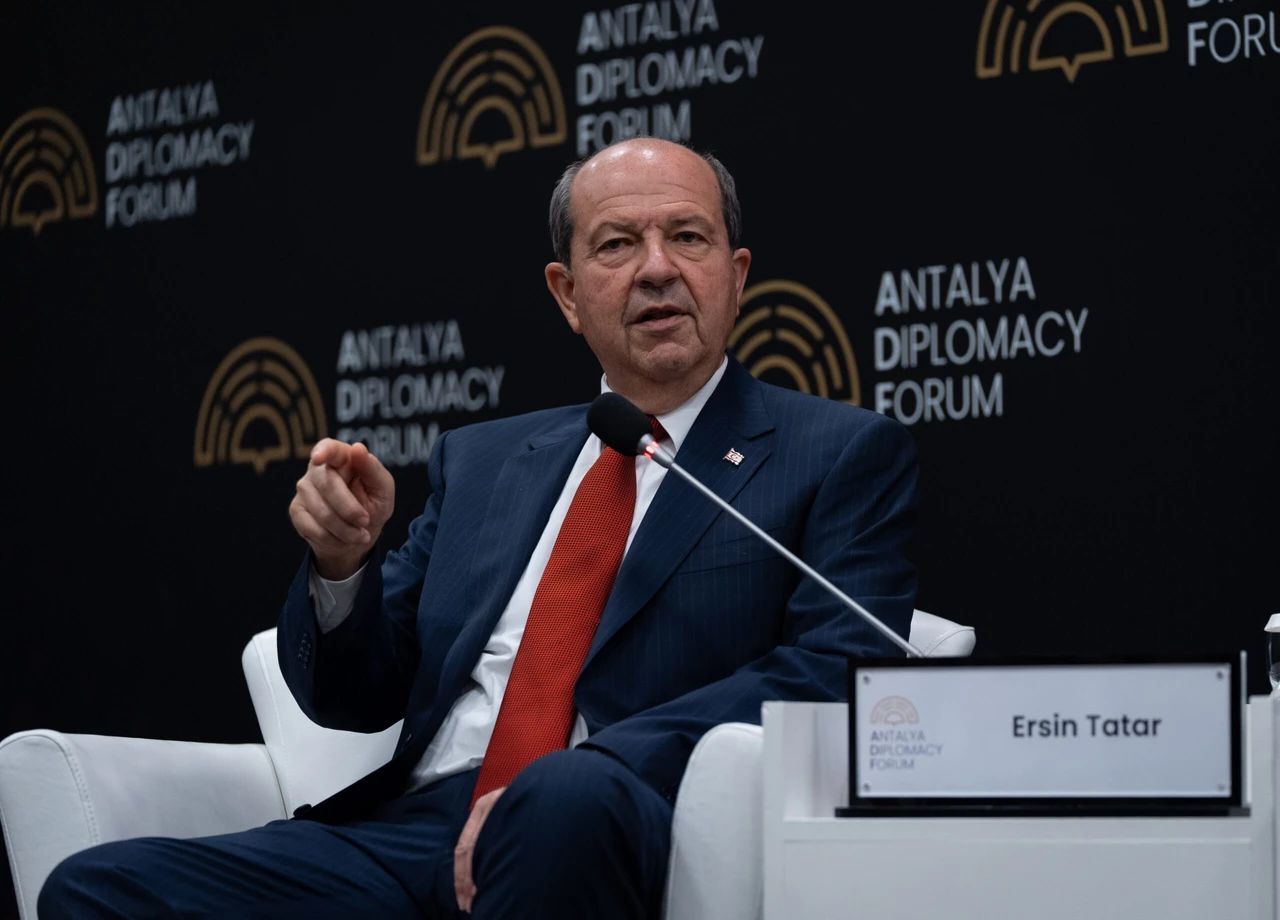Turkish lira-based trade volume surges by 37.5% in 2024, reaching 1.13 trillion
 File photo shows a Turkish port with container ships, accessed on Nov. 3, 2024. (AA Photo)
File photo shows a Turkish port with container ships, accessed on Nov. 3, 2024. (AA Photo)
Türkiye’s external trade conducted in Turkish lira experienced a remarkable 37.5% increase in 2024, with the total trade volume reaching ₺1.13 trillion ($31.93 billion).
This significant growth, up from 2023’s ₺821.30 billion, underscores the expanding role of the Turkish lira in international trade.
Exports in Turkish lira grew by 42% year-on-year, amounting to ₺317.79 billion, while imports surged to ₺811.40 billion, according to the data from the Türkiye’s Ministry of Trade.
Monthly trade volume surpasses ₺100 billion
In recent months, Türkiye surpassed the ₺100 billion mark in monthly trade volume for the first time. In October 2024, Turkish Lira-based exports reached ₺28.13 billion, with imports totaling ₺80.52 billion, bringing the total trade volume to ₺108.65 billion.
This achievement set the stage for further growth in the final quarter of the year.
The trend continued in November, with exports rising to ₺32.76 billion and imports reaching ₺70.32 billion, culminating in a trade volume of ₺103.08 billion. In December, exports climbed to ₺34.76 billion, while imports hit ₺83.12 billion, resulting in a record-high monthly trade volume of ₺117.88 billion.

Global adoption of the Turkish lira expands
By the end of 2024, 97,410 Turkish firms used the lira in their transactions, exporting to 205 countries. In December alone, 30,855 companies conducted ₺-based exports to 157 nations, further demonstrating the currency’s growing global acceptance.
President Recep Tayyip Erdogan has been a vocal advocate for increasing the use of national currencies in international trade. Following his participation in the BRICS Summit in Russia’s Republic of Tatarstan in October 2024, he emphasized:
This helps eliminate the pressure of foreign exchange rates on bilateral trade and prevents external interference in countries’ commercial activities. Trade in local currencies also represents free trade. Furthermore, the lack of diversity in payment systems increases financial markets’ vulnerability to shocks. Developing alternative financial and payment systems not only facilitates but also diversifies international trade.
President Recep Tayyip Erdogan



